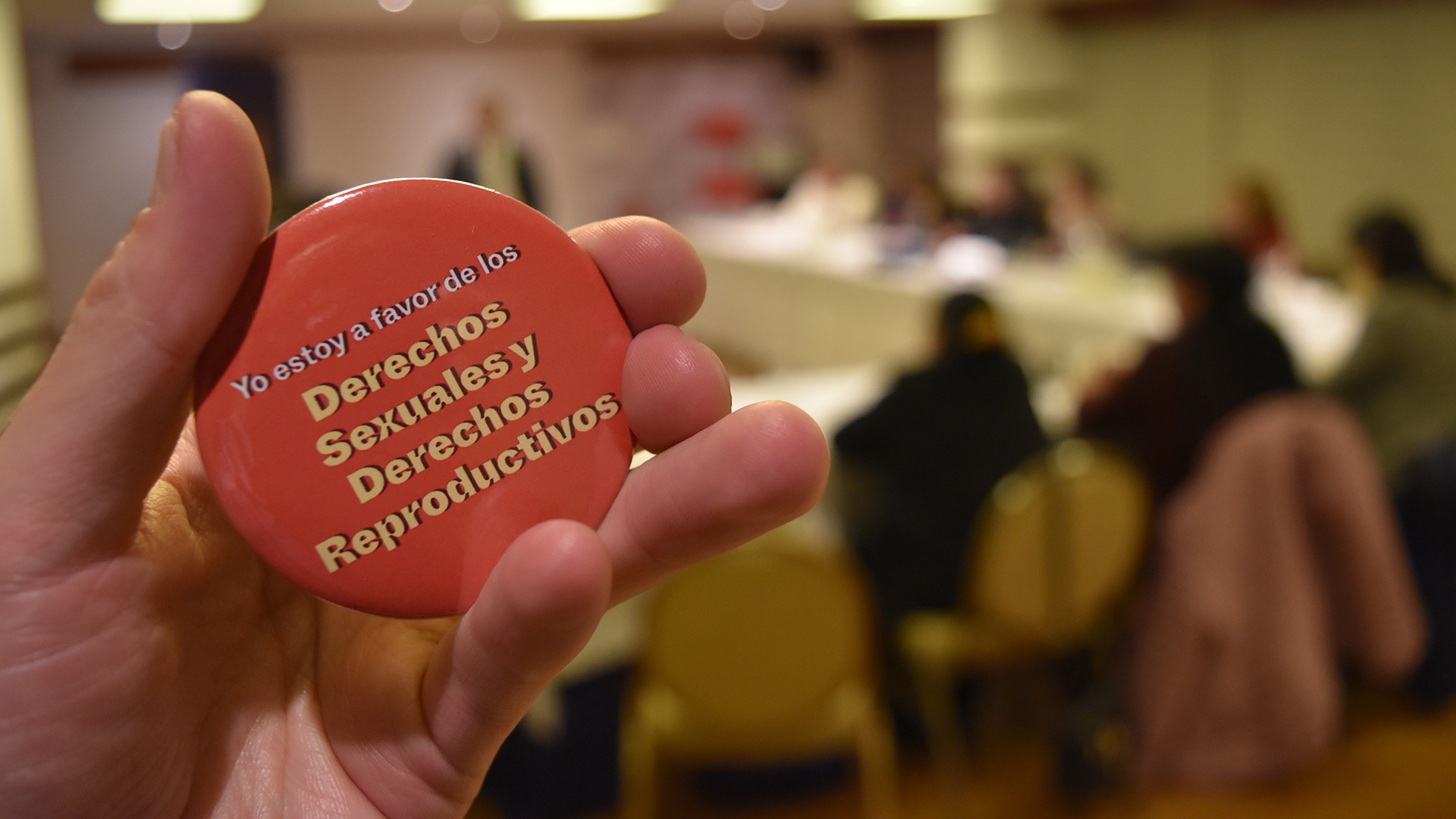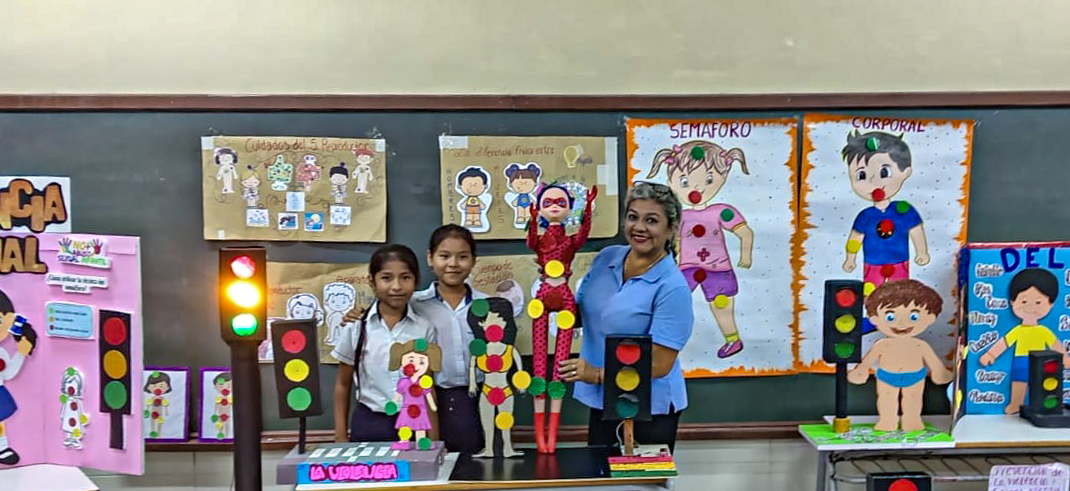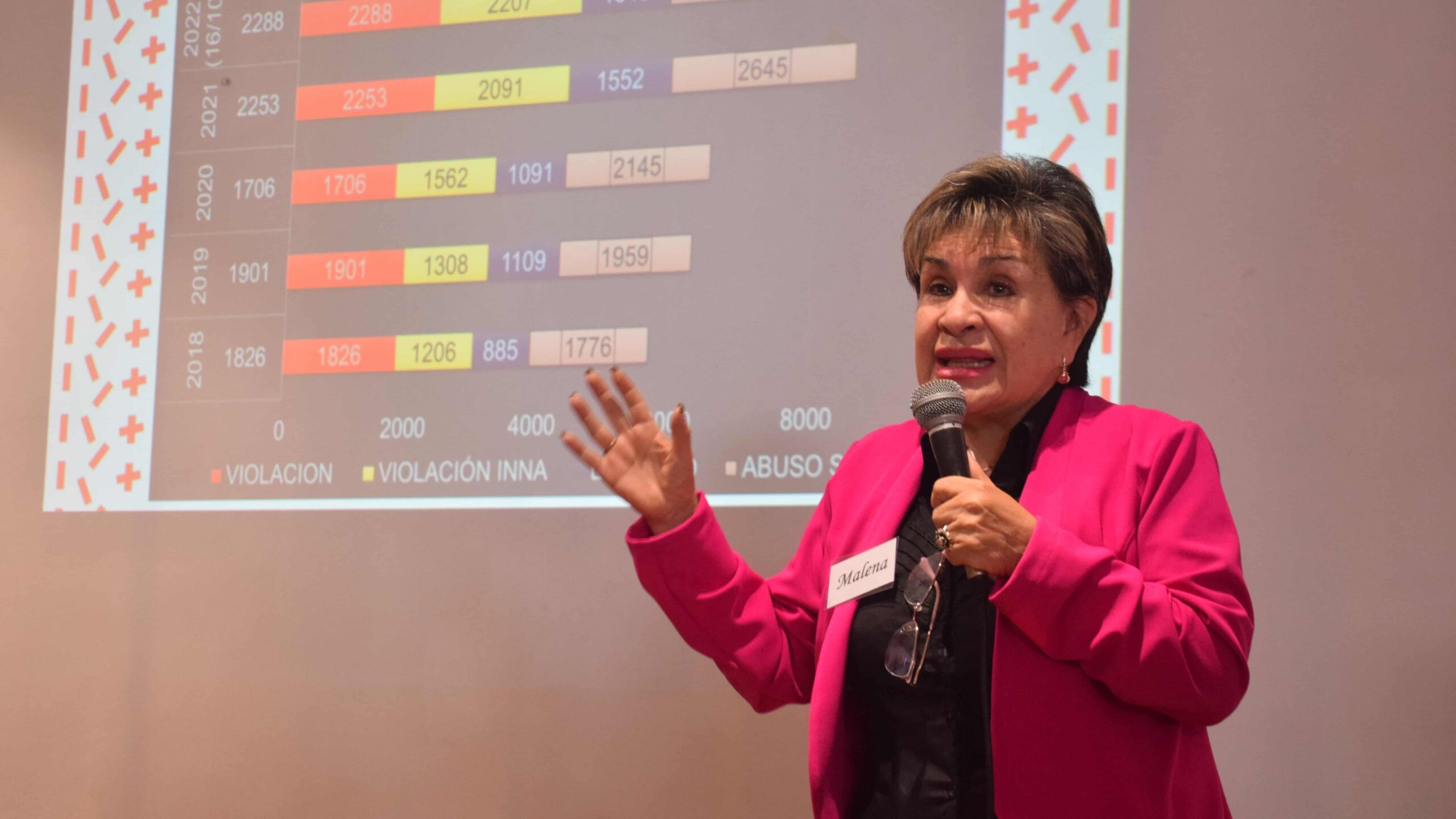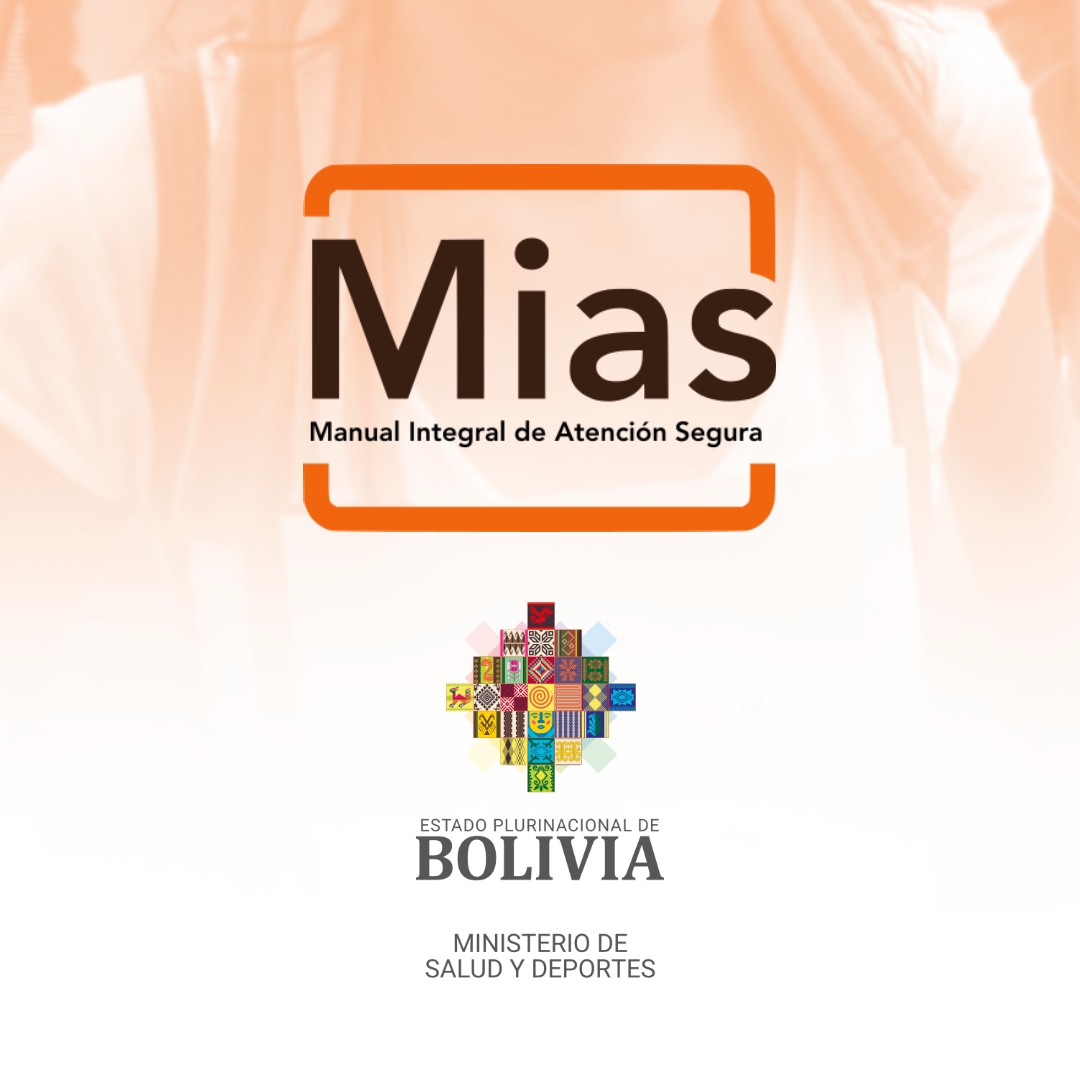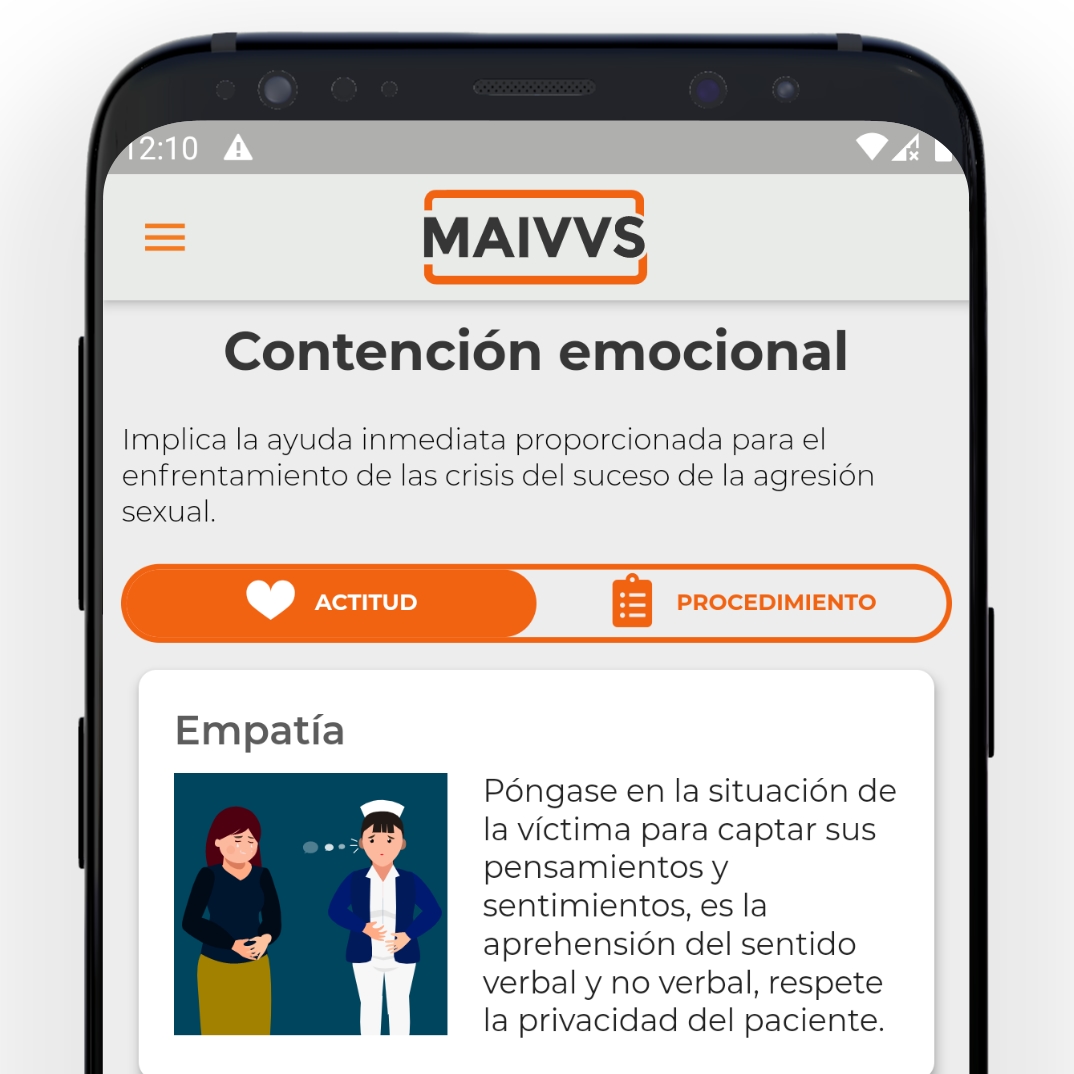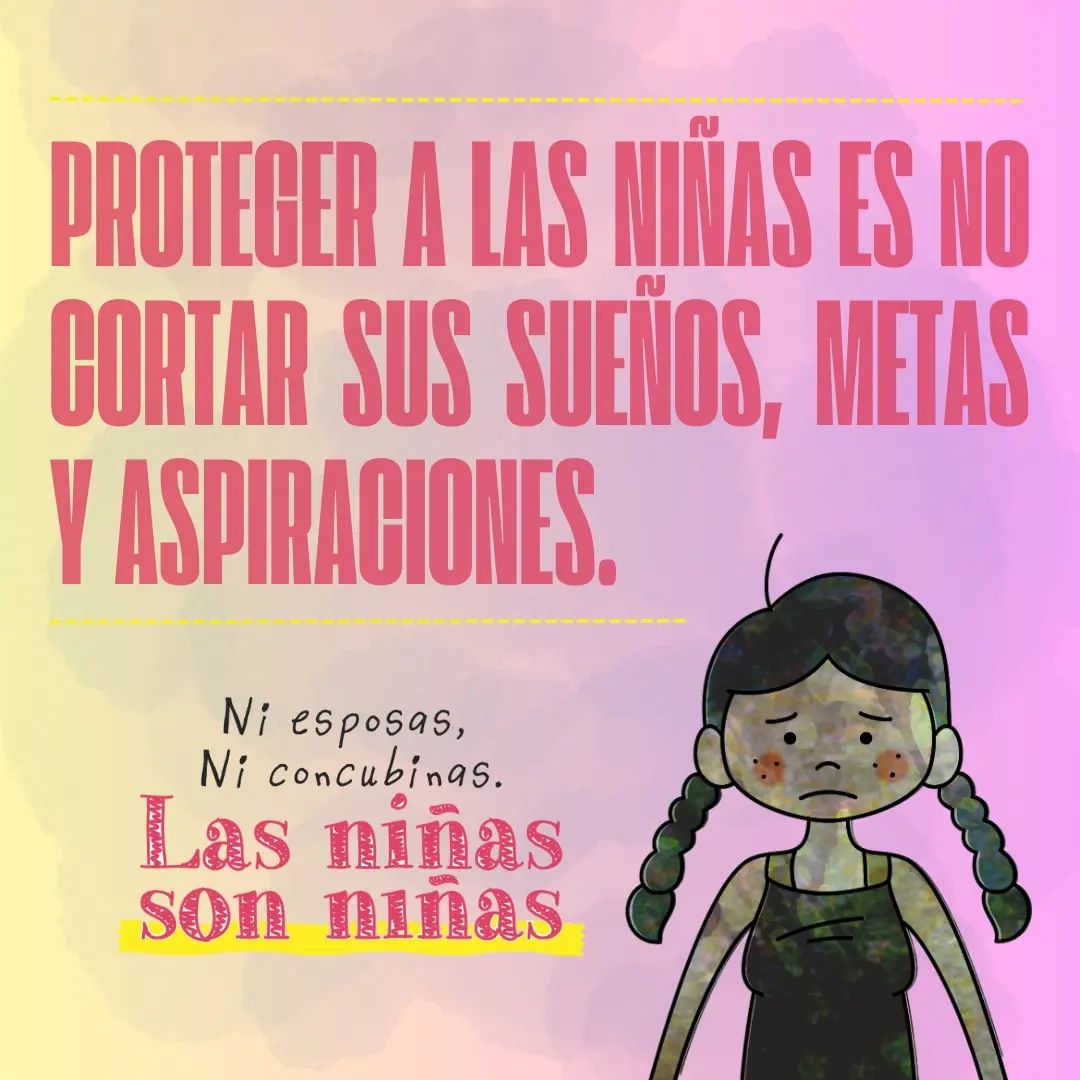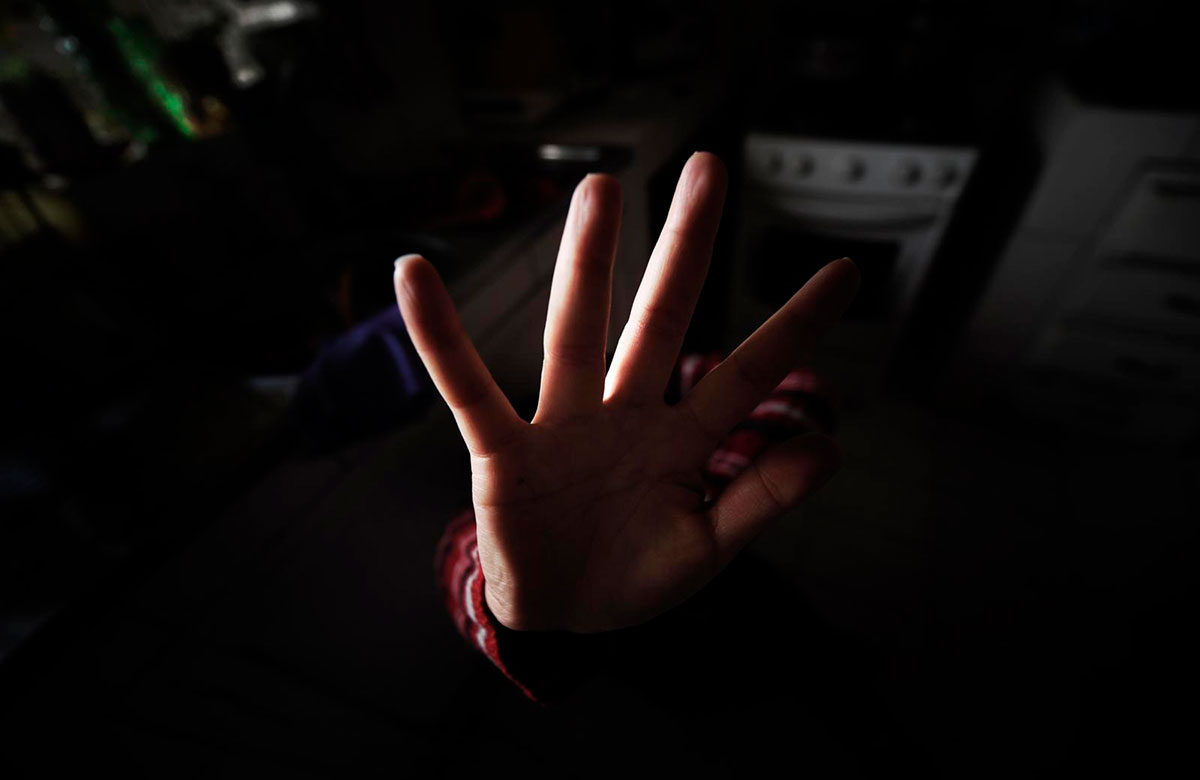Sexual violence shows an upward trend in the country. In five years, from 2018 to 2022, there was a 90% increase in complaints. It is estimated that every day there are 30 new victims, mostly minors.
Today, August 9, is the National Day of Solidarity with the Victims of Sexual Assault and against Sexual Violence against Children and Adolescents, framed in Law 3773, with the aim of raising awareness among the population about the importance of preventing and fighting against sexual abuse of children and adolescents.
In the second article of the regulation, “the State media and others are requested to permanently inform and sensitize civil society on the causes, consequences and prevention policies on sexual violence (…)”.
However, despite awareness campaigns and advanced regulations, the rates of outrage against minors are alarming.
According to data from the Public Prosecutor’s Office, sexual violence is the most frequently committed crime in Bolivia after domestic violence, within the framework of Law 348 To Guarantee Women a Life Free of Violence.
In seven months of this year, between January 1 and July 16, 5,884 reports of sexual violence were registered, including sexual abuse, rape and other crimes of this nature committed against women, children and adolescents.
Sexual violence
The Coordinadora de la Mujer considers that although the figures for sexual violence are high, there is considerable underreporting.
“Because it is stigmatizing, it makes it difficult to denounce and request support when someone suffers it, for fear of social censure and of falling into a situation of greater vulnerability and re-victimization, and generates biases in the approach to the complaint by justice operators and the police, based on gender prejudices that hinder its prevention and punishment in an adequate manner,” said the executive director of the Coordinadora de la Mujer, Tania Sanchez.
According to the Public Prosecutor’s Office, the majority of sexual violence, approximately 80%, occurs in the family environment, especially when the victims are children and/or adolescents.
Deficiencies
Re-victimization and delay of justice are the main problems faced by victims.
“Those who suffer (victims) do not receive adequate treatment nor do they receive prompt or timely responses from the justice system, therefore, women’s organizations insist on the need for the State to have comprehensive plans that articulate care, punishment, prevention and reparation for victims,” Sanchez told La Razon.
For the activist, public instruments for the collection and systematization of data and the production of information on sexual violence, disaggregated by department and municipality, should be strengthened.
“It is essential to create public policies in this area. To guarantee that women and girls who are victims of sexual violence can count on medical (including legal interruption of pregnancy), psychological and comprehensive sexual health services that allow for their recovery and rehabilitation.
COMPLETE NOTE IN LA RAZÓN

